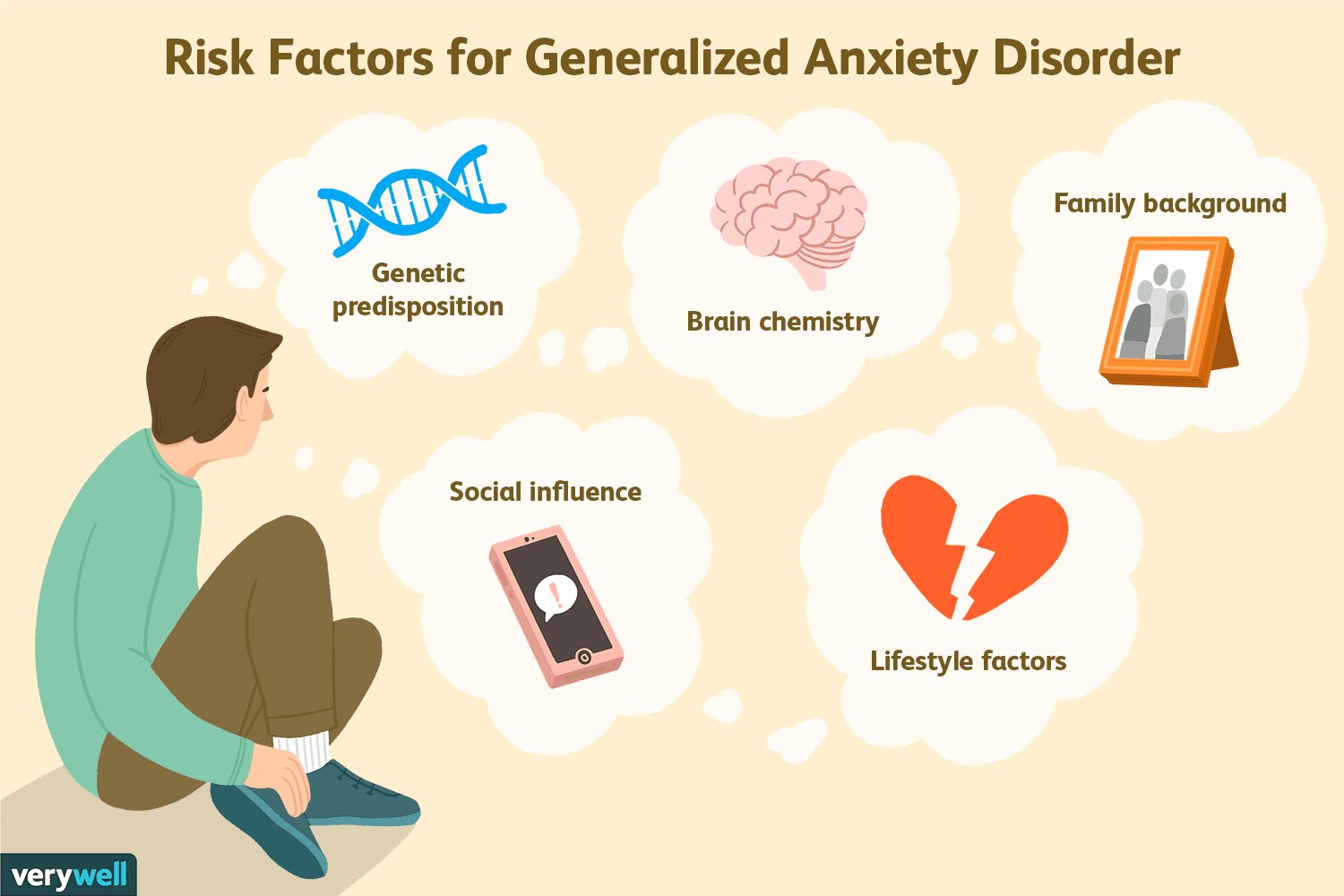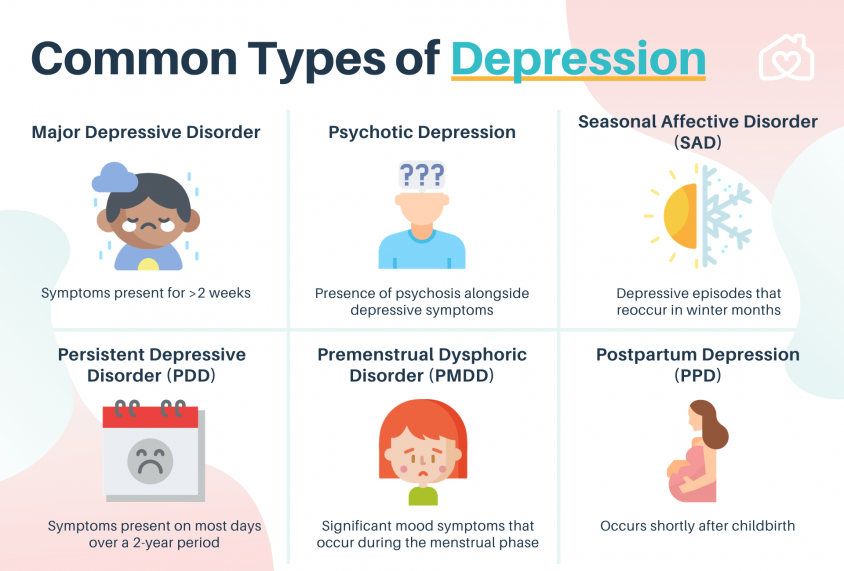
A number of factors have been identified as potential causes of mental disorders, and the specific nature of these risk factors is not clear. For example, adverse experiences such as abuse, neglect, social stress, traumatic events, and other overwhelming life experiences can be a cause. However, there are also other, less obvious risks. For example, migration and particular societies and cultures may be associated with mental health problems. One of the most common mental disorder causes is mental stress, which can affect individuals' lives. While there are many possible causes of mental illness, these are primarily genetic in origin.
Some of these risk factors include prenatal damage, chronic physical ailments, and the use of substances such as alcohol or drugs. Childhood trauma is a common cause of mental illnesses, but some studies suggest that the biological factors are not the sole cause of these conditions. Other risk factors may include environmental toxins or exposure to prenatal toxins. Finally, exposure to tobacco smoke, lead, and drugs may trigger the onset of a mental illness.
Psychological disorders can also be caused by genetics. Although the exact cause of these diseases is not known, genetics, prenatal damage, exposure to harmful chemicals, and substance abuse are among the possible causes of mental disorders. The authors of Mind say that the brain and nervous system chemistry play a major role in mental illnesses. For example, women may be more susceptible to depression and bipolar disorder than men. During pregnancy, exposure to certain drugs and chemicals may be a risk factor.
Biological factors can lead to mental illness. Stress related to socioeconomic position has been linked with a higher risk of major mental disorders, and research has shown that lower incomes are associated with more mental illnesses. Other risk factors include genetics, long-term physical health problems, exposure to toxic substances, and the interaction between regional income levels and individual-level resources. This is a large list of possible causes, so it is imperative to get proper medical care if you notice any changes.
In addition to genetics, other factors are important. For instance, abuse and neglect during childhood have been linked to adulthood. In addition, negative thoughts and habits have been found to cause mental illness. For instance, people who drink too much alcohol or smoke cigarettes may develop depression. This is also a risk factor in bipolar disorder. Some of these factors have a genetic component, so it's crucial to be aware of such factors as they may influence the development of a mental illness.

Psychological factors include genetics and early life trauma. Other factors include negative thoughts. These can lead to depression, anxiety, and other mental health disorders. It is important to note that a person's lifestyle may also be the primary cause of mental illness. In addition to a person's environment, genetics and family history can influence a person's risk of developing a mental disorder. During pregnancy, a woman's environment that is stressful for the mother can increase the risk.
In addition to genetics, mental health can be influenced by the environment. Childhood stress was associated with lower socioeconomic status. Other factors that affect a person's mental health include poor diet, smoking and alcohol consumption. Biological factors may also be associated with substance use and environmental exposures. Regardless of the cause, a patient's lifestyle can influence their risk of developing a mental illness. If they are pregnant, their risk may be increased by using drugs or alcohol.
A person's psychological health can be influenced by genetics. The body's chemical balance can be disrupted, leading to mental illness. Additionally, exposure to toxins such as lead and mercury during childhood can cause a person to develop phobias. For some people, exposure to lead can lead to mental illness, and the body is more likely to produce more of this toxic substance than it needs. If lead is present during pregnancy, it can cause the baby to develop mental illness.
In addition to genetics, mental health can be influenced by the environment. A person's environment can influence the amount of neurotransmitters in their brain. The brain can also be exposed to environmental toxins, such as a number of chemicals and medications. These conditions can affect a person's quality of life. People with mental disorders should immediately consult a doctor or website https://www.goldensoft.co.th/ to determine the exact cause. They will also need to address any other medical conditions, such as drug addiction, if they have them.